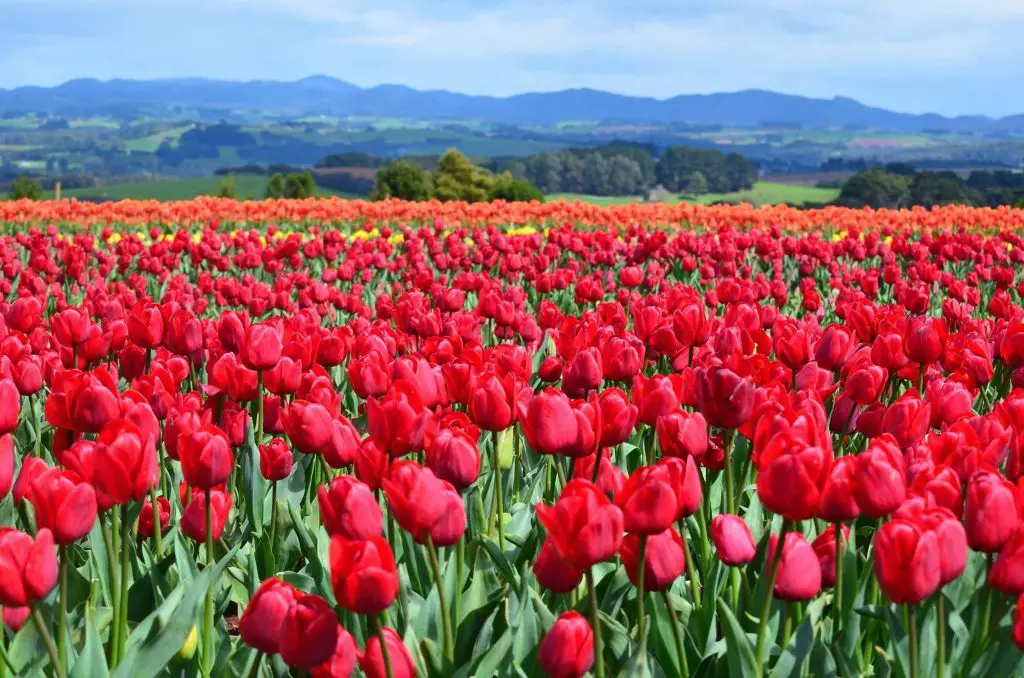- Kenyan Manufacturers Raise Objections over Finance Bill 2024 Proposals
- How COMESA project seeks to accelerate horticulture sector growth across East Africa
- 2024 Economic Survey: Kenya sparks growth with 848,200 new jobs in a year
- Kenya’s economy posts 5.6 per cent GDP growth in 2023
- The Crucial Role of Private Capital Africa’s Economic Development
- Kenya’s Marine Potential: Fostering Sustainable Blue Economy
- American nationals arrested in foiled attempt to overthrow President Tshisekedi
- The role of financial services in achieving financial inclusion in Rwanda and beyond
Month: March 2020
For those who have obtained credit facilities from banks or financial institutions (FI) they must have at one point raised the question that we intend to discuss in this article.
It is likely that somehow borrowers have managed to obtain misinformation from friends, the public or the lender. There has been a misunderstanding by many borrowers that as long as they have “collateral” they deserve that legal right to obtain credit facilities from the bank. I refer to this as a misunderstanding because banks/FI do not lend against the collateral; rather lending is based on the viability of the business/project to be financed.
In the process of credit risk assessment the primary repayment source of a credit facility is the cash flow from the business to be financed or from other pre-identified source of cash flow. The cash flow is what is considered as primary collateral. Banks and FI will …
The East Africa 15 (EA15) highlights on 15 of the most traded and highly capitalized stocks in the region on a monthly basis. The primary purpose of the EA15 is to give investors a description and perspective of the regional stock markets’ performance.
Kenya: Nairobi Securities Exchange (NSE)
The monetary policy committee reviewed the Central Bank Rate downward to 8.25% extending the loose monetary stance. The decision was on the back of a stable shilling, inflation remaining within target and improving private sector credit growth- which expanded by 7.1% in the year to December.
Adequate CBK foreign exchange reserve has helped the Kenya shilling to weather short-term shocks against major world currencies. To the US dollar, the shilling averaged lower by 0.74% to Kes100.6 compared to last month with highs of Kes100.4 recorded.
Liquidity improved month-on-month as interbank averaged at 4.4% compared to 4.9%. Short-term debt rates were relatively stable …
While all the current talk in the insurance industry is everything about insurance penetration and how it is not happening in Kenya, an illegality continues to be perpetrated raising a very disturbing and pertinent question: could we be holding onto fake insurance certificates?
Legally as will be demonstrated below, certificates are supposed to be issued by insurance companies in Kenya and no other entity. Where they are issued by any other entity, then questions arise as to the legality of the whole exercise.
In The Official Gazette of The Colony and Protectorate of Kenya of November 14,1944 a Bill was proposed to make provision against Third Party Risks arising out of the use of Motor Vehicles.
Section 5, subsection (a) of the proposal states that the policy of insurance must be a policy which,
“is issued by a person who is approved by the Governor, by notice in the Gazette, …
African Green Resources (AGR) in Zambia launched an $81 million financing programme on Sunday, whereby the company and its partner are slated to provide farm supplies and technology to farmers in exchange for grain
According to information from Reuters, the company chairperson Zuneid Yousuf said in a statement that, AGR plans to invest $150 million in the country, for projects including a 50-megawatt solar farm and irrigation dam, AGR will target 120 commercial farmers and 250,000 small and middle farmers with the new programme to boost food security in Zambia and the surrounding region.
However, the scheme—will cover 60,000 tonnes of fertiliser for wheat and soya farming worth $55 million and $26 million for projects such as the expansion of grain storage silos.
Hence, the scheme will be financed through regional and global banks, with the money repaid from the produce the programme yields
This scheme could be one of …
- The United States, one of Africa’s strongest development partners—will provide Zambia with a $389 million grant (one-year bilateral grant) aimed towards AIDS relief.
According to information revealed by Reuters, Zambia ministry of health revealed, the grant will be starting from October after Congressional approval.
Further, the grant under the U.S. President’s Emergency Plan for AIDS Relief (PEPFAR) follows a meeting on Zambia which was held last week in Johannesburg, South Africa.
Zambia and U.S relations towards eliminating HIV/AIDS kick-started in 2004, whereby since the U.S. government through PEPFAR has partnered with the government of Zambia via the Ministry of Health (MOH) and the National HIV/AIDS council in coordinating a national HIV response.
The ministry statement revealed that “The meeting reviewed key policies, strategies and activities to be undertaken towards the goal of achieving epidemic control of HIV,”
However, Zambia’s Health Minister Chitalu Chilufya said the meeting marked a milestone in …
East African nations Kenya, Ethiopia, Rwanda, Uganda and Tanzania have been on a green energy harnessing mission creating thousands of megawatts they may not consume by the year 2022.
These countries could find themselves in a conundrum where they have too much electricity which people cannot use. This possible scenario could be created by the likelihood of not enough people being able to purchase this power or the inability to use it due to different reasons.
The biggest challenge for this power being a burden to these governments could be because most of them lack the infrastructure to transmit this power to those who need it. In addition, countries that have been purchasing power from their neighbours are also moving to produce their own meaning they will be struck by a surplus they cannot utilise and in return suffer massive costs of having idle power.
Power capacity surplus
With the …
Germany was the first country to recognize Kenya after independence in 1963 creating deep diplomatic relations between the two countries. Since then, the two countries have a retained a warm and cordial tradition of close partnership and relations between them.
Kenya, the East African economic hub has maintained a diplomatic mission in Germany since 1964. The embassy was initially in Bonn, West Germany and later moved to Berlin after Germany’s unification.
Fourth largest source of tourists
There are several thousand Kenyans living permanently in Germany while a number of Germans enjoy Kenya’s hospitality with many of them living in the country especially along the coast.
This is the second visit by a German president after the first by President Heinrich Lauda of then West Germany in 1966. The other high profile visit was by German Chancellor Angela Merkel where she met former President Mwai Kibaki and Prime Minister Raila Odinga …
West Africa’ economic growth will continue being sluggish this year as the region’s 15 economies continue witnessing tepid growth unless things change.
Despite this projection, Nigeria, which is by far the largest economy in the region, has been investing in sectors that are attracting investors from across the continent and beyond.
As the world moves into work and live city models, Nigeria has not been left behind and it can only get better for Africa’s most populous nation. And with 196 million people living in the country going by 2018 estimates, accommodating these numbers means that the country has to be innovative in how it provides housing as well as create jobs.
According to the Centre for Affordable Housing Finance in Africa (CAHF), housing remains a perennial problem in Nigeria. With projections that the country’s population will surge to 263 million by 2038, providing housing for Nigerians needs an emergency …
Changing weather patterns not only affect food production and ecosystems that humans depend on but they also create challenges which threaten the very existence of humanity.
Diseases are some of the risks that come with unpredictable weather cycles making it hard to predict or curtail outbreaks.
With increased disease outbreaks, there is strain on available resources which include human, technical and financial. In addition, time is usually limited if it becomes an issue of race against an epidemic.
Is Africa ready for the risks associated with climate change?
A look at the response in most countries in Africa shows that while governments may do the best they can to contain outbreaks, the changing climate phenomenon may make it harder since pathogens that cause the diseases may be mutating and becoming resistant to available drugs.
This means that without the capacity to keep researching and producing new and stronger drugs, the …
The UK left the European Union (EU) in January after a long and tedious process which saw Prime Minister Theresa May quit as the Conservative leader on June 7, 2019.
Following the divorce, the EU and the UK will determine their future trade relations during the transition period which goes on until the end of this year.
With this reorganisation, developing countries could see their exports to the UK increase. The EU could also offer a slightly bigger market for goods coming from these economies. However, this is dependent on whether the UK increases tariffs for third world countries.
Trading with Britain under preferential terms
With this, it is time for Africa as Brexit could create new opportunities for the continent which just became one the largest free trade area in the world with the AfCFTA which will be operational starting in June 2020.
The UNCTAD notes that a no-deal …
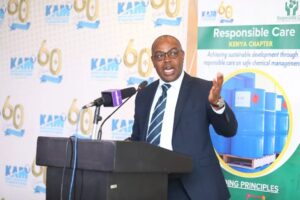
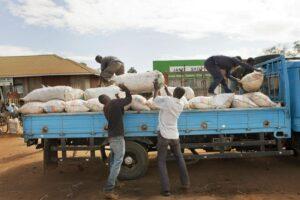



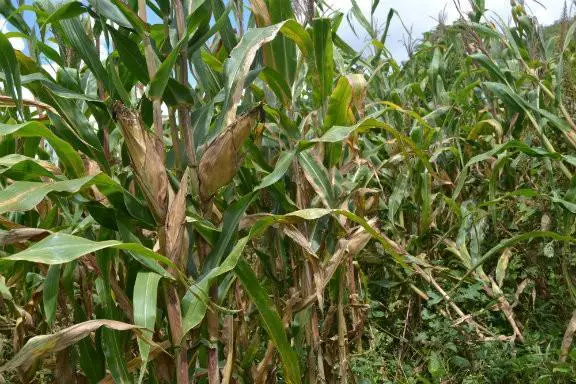
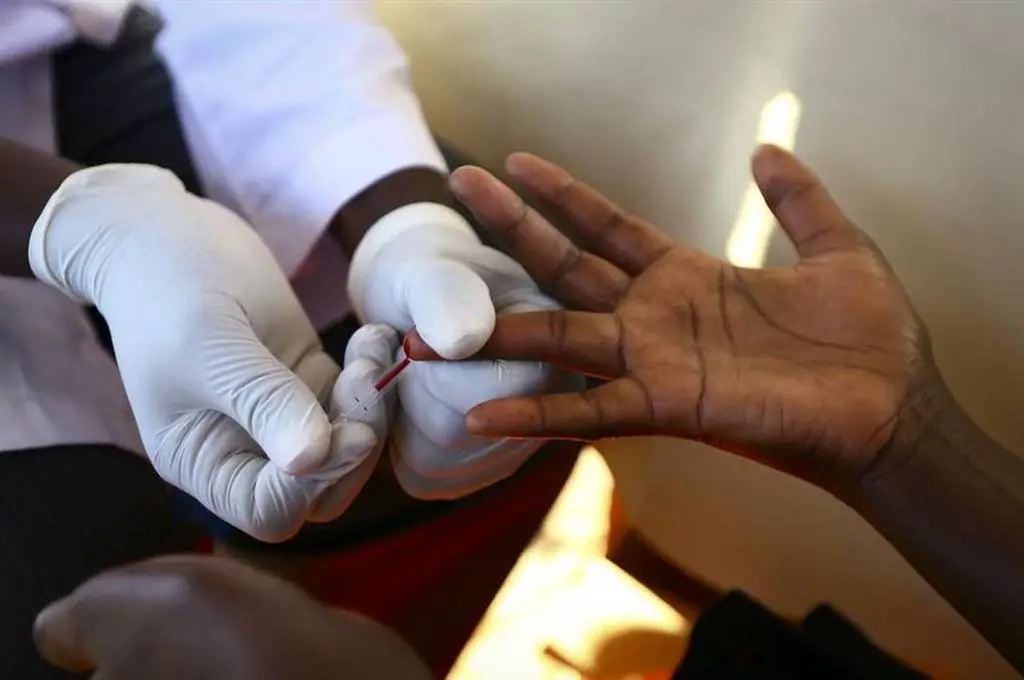
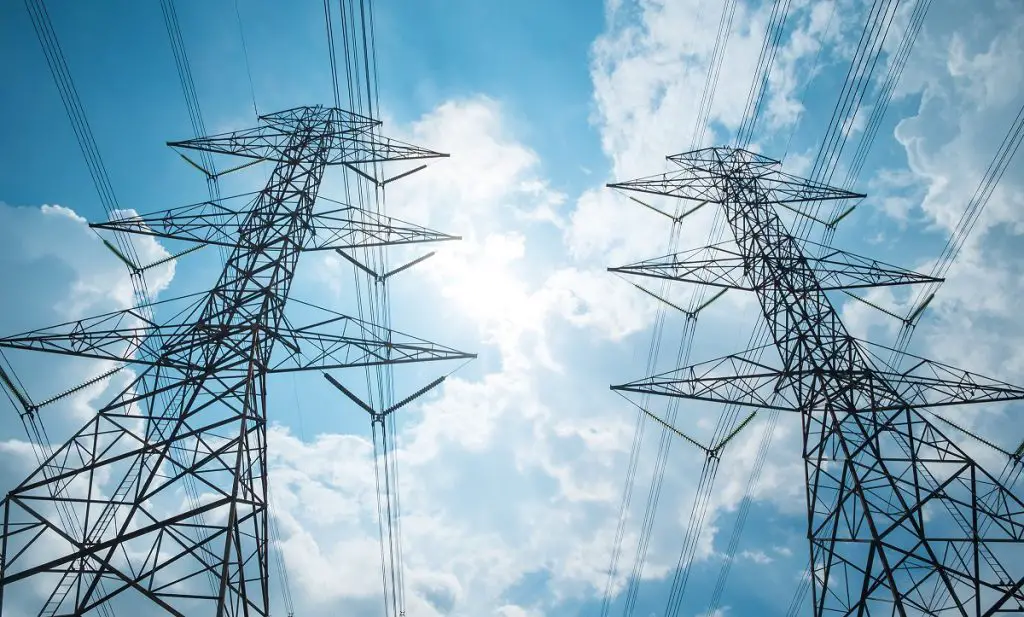
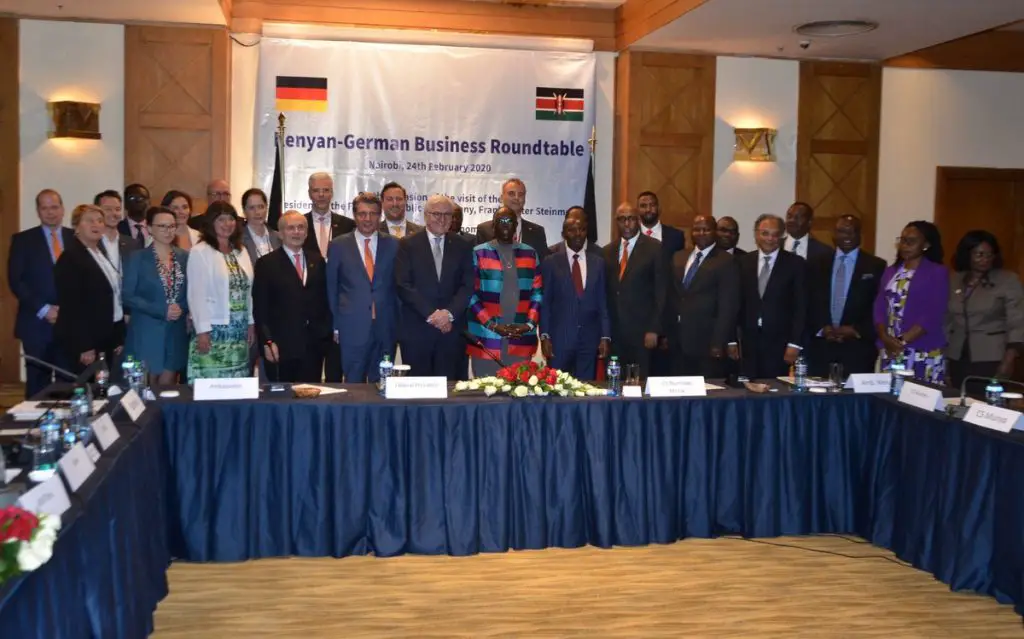
![Looking West: Nigeria’s Alaro City promises Africa’s urban future A model of Alaro City. [Photo/Alaro City]](https://theexchange.africa/wp-content/uploads/2020/03/Alaro-City_Alaro-City-1024x627.jpg)

